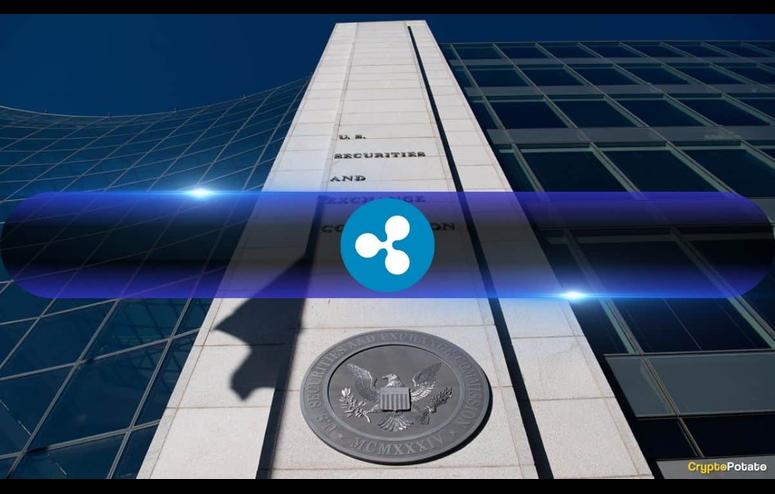Ripple Submits Form C in SEC Case, Highlighting 4 Key Issues: Details

Ripple Labs has stepped up its legal battle with the U.S. Securities and Exchange Commission (SEC) after filing its Civil Appeal Pre-Argument Statement, also known as Form C.
The filing comes only days after the SEC entered a last-minute appeal against several parts of a 2023 judgment which found that Ripple’s programmatic sales of its native XRP token to retail investors did not break U.S. securities laws.
Major Points of Contention
In its statement shared on X by lawyer James K. Filan, the crypto payments company outlined four fundamental questions for the Second Circuit Court of Appeal to consider.
The first concerns whether an “investment contract” under the Securities Act of 1933 must include a formal agreement, post-sale obligations, and the right for buyers to receive profit from sellers. This definition could potentially reshape the understanding of digital asset transactions.
Ripple’s second point is challenging the lower court’s ruling that its XRP transfers met the criteria established in SEC vs. W.J. Howey Co. This case, which gave rise to the Howey Test, defined the conditions under which something is considered an investment contract.
Ripple is arguing that its transactions did not represent an investment of money in a common enterprise with profits expected solely from the company’s efforts.
The San Francisco-based firm also raised a third important issue regarding “fair notice.” It claims it gave ample evidence to potential XRP buyers showing the uncertainty surrounding cryptocurrencies in as far as federal laws apply to them.
This point is key to Ripple’s defense because it suggests that the SEC and other concerned agencies failed in their mandate to give clear guidance on the legality of the crypto company’s actions.
Ripple’s final question in the filing contests the clarity required for issuing injunctions under the Federal Rules of Civil Procedure. It argues that the injunction issued to it by Judge Analisa Torres in a ruling where she also imposed a $125 million fine on the company merely instructs it to obey the law and lacks the necessary specificity and clarity.
Ripple’s Strategic Outlook
Speaking after the filing, Ripple’s Chief Legal Officer Stuart Alderoty insisted that the ongoing case is not about the broader classification of XRP as a security. He pointed out that, like Bitcoin (BTC), XRP currently enjoys a non-security status, which wasn’t challenged by the SEC in its Form C submission last week.
The lawyer believes this perspective allowed Ripple to focus its appeal on specific legal nuances rather than crypto’s overarching regulatory classification.
With both parties in the case having submitted their briefings, experts say it is now up to the Second Circuit to issue a scheduling order that will streamline them.
According to Alderoty, the court will only look at the existing record, meaning it will not allow the introduction of new evidence into the process, a point the attorney believes could minimize disruptions and hasten the final judgment.
